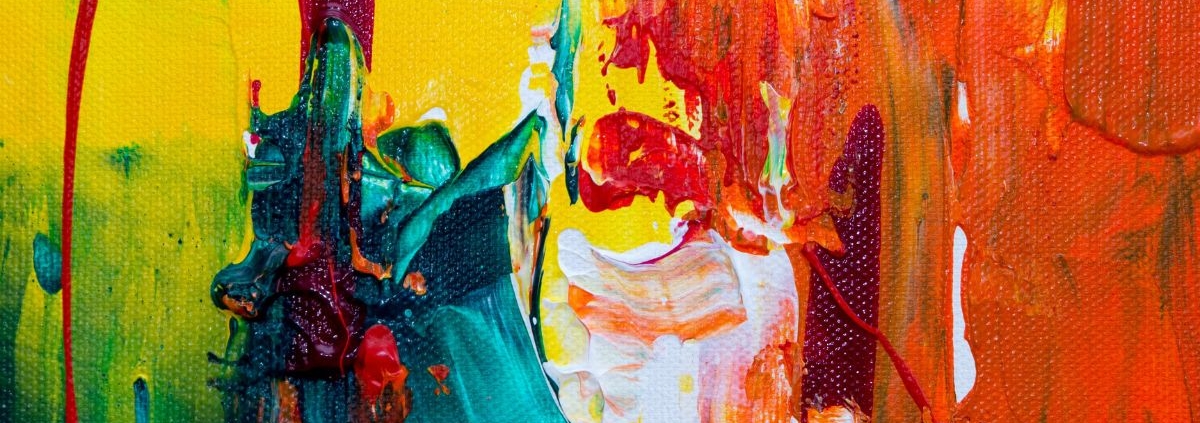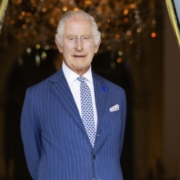End of Year Overwhelm
By: Valerie Ling
At 7:30pm I was flopped on the bed – spent. My husband walked in and wondered if I was alright?
Well…if you are going to ask a Psychologist this question, be prepared for the full analysis…
In the middle of office renovations, moves, lots of farewells, the general busy period, juggling personal and professional demands, planning for next year, I was aware of a kind of passion burn. I described it as such:
Imagine there were various strands of thick paint. I can see every colour in the distance. The thick red of passion for our burnout prevention work, the bright yellow of excitement for our new office suites, the purple, the blue, the green…all representing the different emotions I feel for the futures of very important parts of my life, work and world. For now, though, what I feel is the converging of all these emotions into a thick, muddy, unclarified mess of paint. Out of which will eventually ooze the clarified emotional future. For now, though, it is a thick clump of paint I feel I am wading in. The net result is a profound feeling of the double Ds – Discouragement and Doubt. Which leads to the major P – Procrastination. Which leads to major impacts on motivation, negative self talk and (shock horror!) giving up.
Ever felt this way?
Four Steps to Break Down Overwhelm
As we talked through the issues we decided it would be helpful for me to do the following, I share here with you:
- Focus mindfully on each strand of emotion separately. Feel it, taste, breathe it. Embrace the positive face of each emotion and describe it fully in every detail.
- Journal and reflect on each of the future versions of those strands. Build hope, build passion, build mental fortitude. This does not mean coming up with a PollyAnna future. It is a realistic view of what can happen, rather than focusing on what catastrophes could happen.
- Chunk each emotional strand into “What do you need?” questions. Problem solve how to feed this and schedule it into my diary.
- Have a chip-away mentality. With each of those emotional strands clarified and anchored in hope, then chip away at the things I can have control over.
Article supplied with thanks to The Centre for Effective Living.
About the Author: Valerie Ling is a clinical psychologist and consultant with The Centre for Effective Living (a psychology and mental health practice) and The Centre for Effective Serving (a workplace wellbeing consultancy).
Feature image: Photo by Steve Johnson on Unsplash











